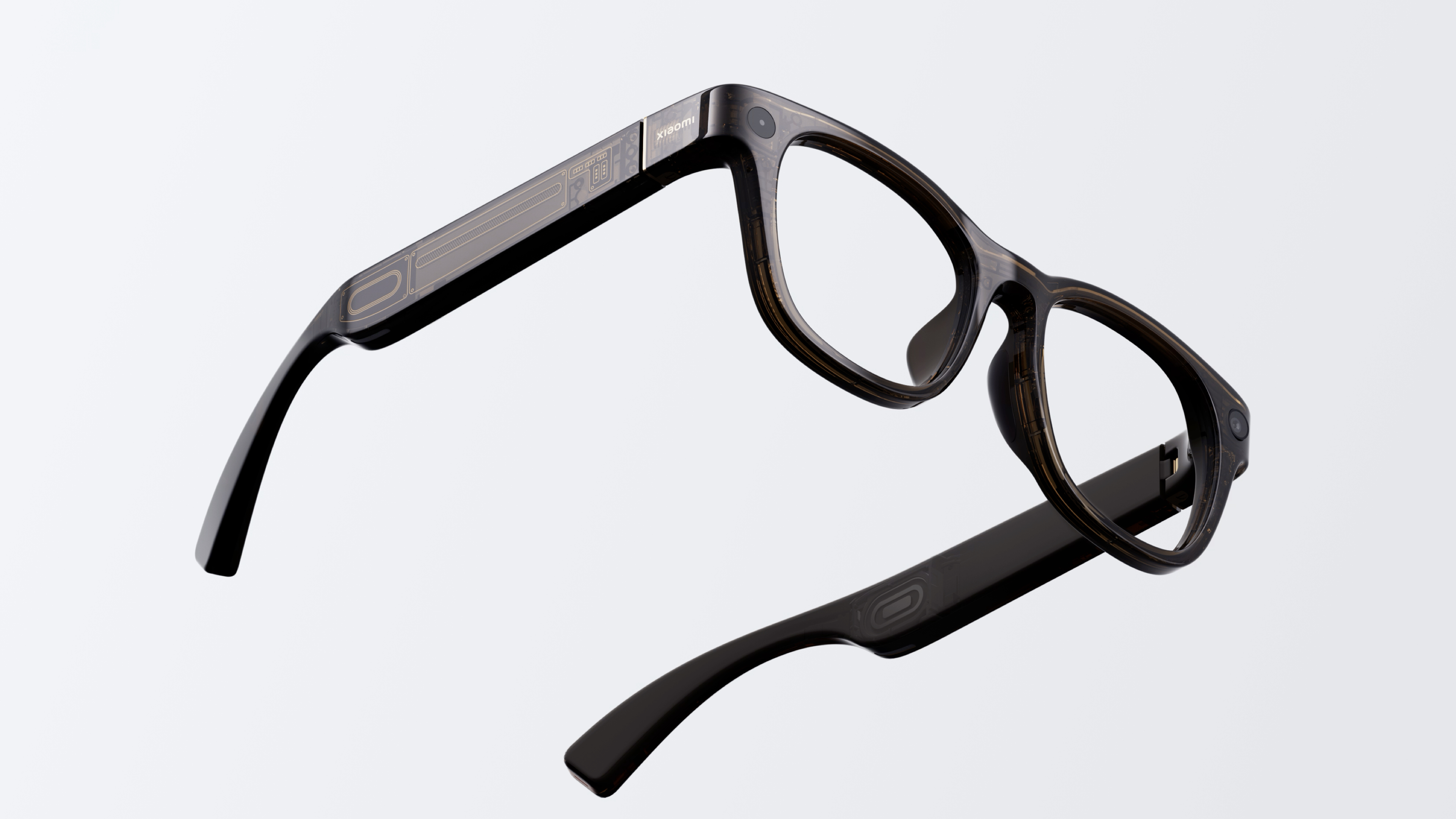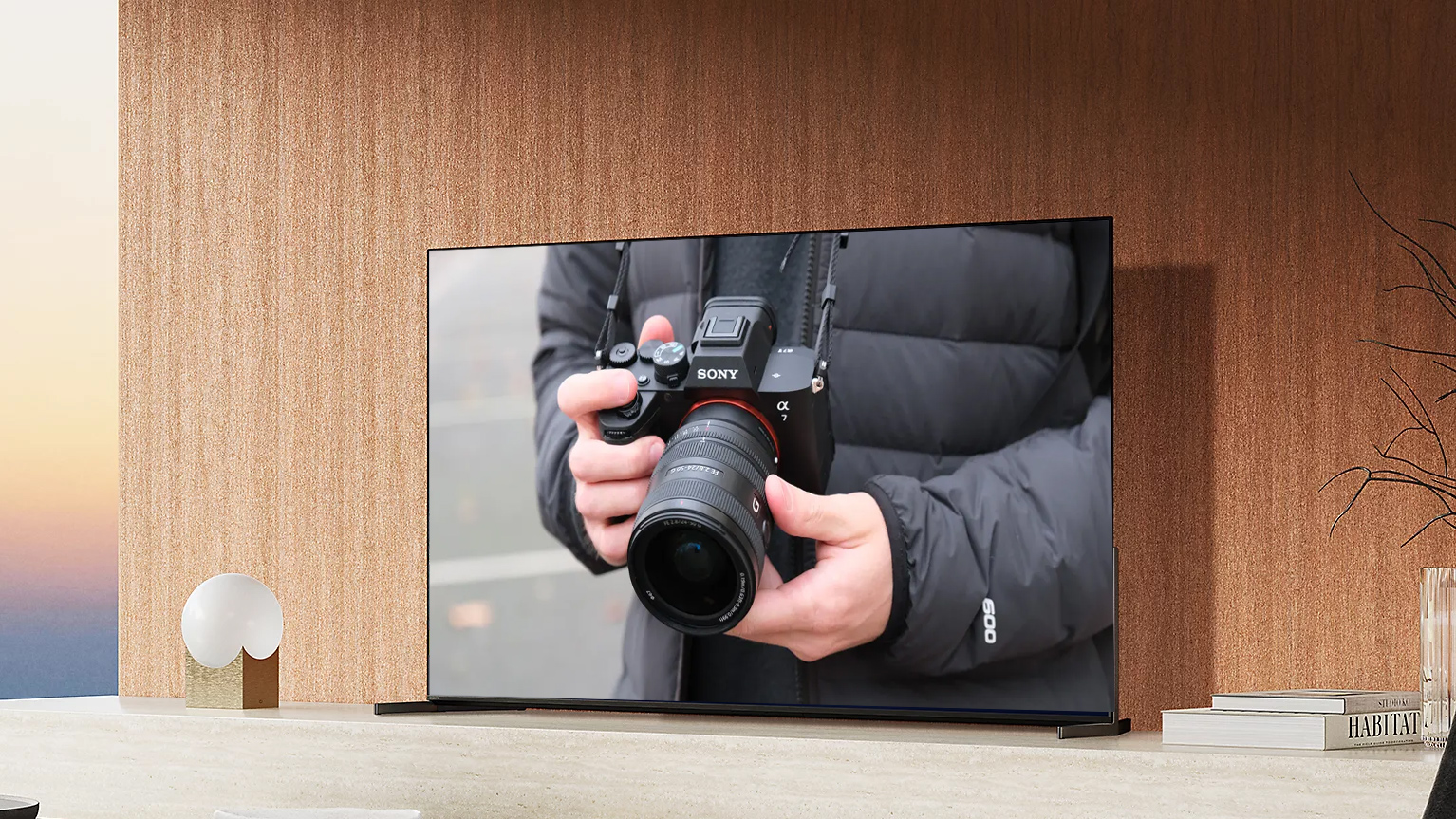More companies are betting that AI camera glasses are the future, as Xiaomi launches its own pair
Move over, Meta's RayBan and Oakley – Xiaomi has launched its own AI camera glasses in China. Is the world finally ready for the camera glasses revolution?

In the past 18 months, AI-enabled camera glasses have moved from novelty to a contested hardware category. Meta’s Ray-Ban Meta Smart Glasses, launched last year, have already sold over 2 million units, proving that there is consumer appetite beyond niche technophiles.
Meta is doubling down through the performance-focused Oakley Meta HSTN model, which adds an IPX4 rating, a 3K camera and an 8-hour battery.
The surge has emboldened smaller players, too. Snap persists with its developer-only Spectacles line, while startups such as Loomis’ AI Glasses and Solos’ AirGo V incorporate generative AI helpers into ordinary-looking acetate frames.
Into this crowded field steps Xiaomi. Unveiled in Beijing on June 26, the company’s succinctly named Xiaomi AI Glasses start at CH¥1,999 (around $280 / £200 / AU$420), marginally undercutting Meta’s pair of RayBans.
Despite the lower price, the spec sheet is competitive: a 12MP IMX681 camera records up to 10 minutes of 2K 30p video, while a Snapdragon AR1 chip and Xiaomi's in-house Vela OS software enable live translation, scene recognition and QR code payments.

At just 40g the glasses weigh a little more than standard shades, yet still squeeze in open-ear stereo speakers, 5 microphones and a 263mAh battery that Xiaomi claims delivers 8.6 hours of mixed use – twice that of the Meta glasses, although always take battery estimates with a pinch of salt.
The glasses are also available with optional electro-chromic lenses that flip from clear to tinted in 0.2 seconds, and a trio of frame colors.
The best camera deals, reviews, product advice, and unmissable photography news, direct to your inbox!
So, are AI camera glasses actually ready for the mainstream? Technically, further miniaturization, wider compatibility and true all-day batteries might be a stumbling block.
However, in social terms, privacy discomfort around always-on cameras and their potential misuse remains, which holds the potential of camera glasses just being outright banned.
Yet with giants and startups alike pouring resources into the space, and such widespread public adoption, it might be time for camera glasses to step into the spotlight.
You might also like…
Check out our Ray-Ban Meta Wayfarer review and our Ray-Ban Stories review to see how they stack up to the likes of our Oho Sunshine Camera Glasses review.

Gareth is a photographer based in London, working as a freelance photographer and videographer for the past several years, having the privilege to shoot for some household names. With work focusing on fashion, portrait and lifestyle content creation, he has developed a range of skills covering everything from editorial shoots to social media videos. Outside of work, he has a personal passion for travel and nature photography, with a devotion to sustainability and environmental causes.
You must confirm your public display name before commenting
Please logout and then login again, you will then be prompted to enter your display name.
